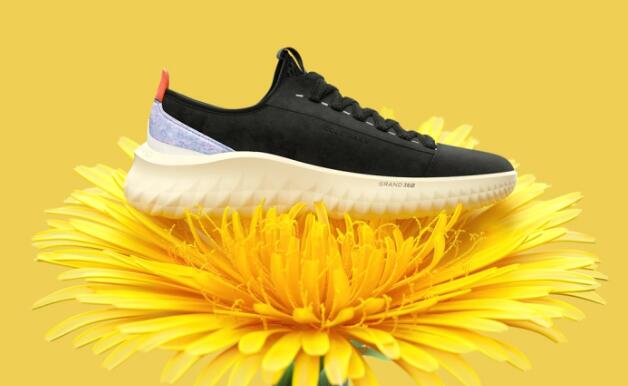Fewer People Are Purchasing Sustainable Products in Favor of Cheaper Alternatives
People are less interested in purchasing sustainably produced products if it means they’ll have to shell out more cash to do so.
The percentage of consumers who reported recently purchasing a sustainable good or service declined in March 2022 across more than 12 countries, compared to September 2021. That’s according to data released Friday from Deloitte’s Global State of the Consumer Tracker, which measured responses from about 1,000 adults across 23 countries.
As of March 2022, 41% of consumers reported that high costs were the main factor in their decision to not purchase a sustainable good or service over the last four weeks. 24% neglected these purchases because they said it was not a priority.
Of those who purchased at least one sustainable product, one-third reported paying “significantly more” for it compared to an alternative.
With inflation hitting record highs in recent months, consumers have begun to exhibit concerns and a desire to cut costs wherever possible. Consumer prices rose by 8.6% compared to a year ago, according to the Bureau of Labor Statistics’ monthly report. The Federal Reserve Bank of New York’s Center for Microeconomic Data found that consumers were more concerned about mounting inflation pressures in May, with median inflation expectations for the year ahead increasing from 6.3% to 6.6% in May.
Outside of resale, brands that offer sustainable alternatives are not always able to do so at an inexpensive price point. For example, Adidas in April revealed its Ultraboost DNA Made to Be Remade sneaker, which is constructed with recyclable thermoplastic polyurethane (TPU) and sells for $210. In February, Cole Haan unveiled the Generation Zerøgrand II, an eco-friendly lifestyle sneaker with an outsole made with patent-pending Flower Foam (a lightweight material that consists of at least 25% dandelion rubber) which sells for $130.
Alternatively, fast-fashion players like Forever 21 and Shein offer cheaper products, though are typically considered to be less focused on sustainability. Even so, Shein says it has systems in place that help it avoiding over-production and reduce fashion waste and oversees programs that prioritize recycled materials for packaging content.
